Many of us, who know and love the apple as a healthy, delicious fruit, might not be aware of where it originated, and how it became so popular in the United States. Here at North Coast Organic, we were curious ourselves, so we did a little research. Following are some of the interesting facts we found out about the wonderful, versatile apple and wanted to share them with you.
Apples have existed for as long as humans have recorded history. They are believed to have originated in the Caucasus, a mountainous region in what is currently Russia, between the Black and Caspian Seas. Over time, apples spread from there to Greece, throughout the Roman Empire, and into Europe, probably over ancient trade routes.
Apples arrive in America
Before European settlers came to the U.S., the only American apple varietal was the crabapple. Because crabapples are very bitter, they were seldom consumed. Then, in 1607, the English settlers of Jamestown brought apple seeds and cuttings with them to the new world, and the apple took root in America. Rather than eating the apples they grew, many colonists used them to make fermented cider. Due to sanitation issues, clean water was difficult to come by, so fermented cider was often served as a beverage at meals. A diluted version of fermented apple cider was even served to children.
The first documented American orchard was planted around 1625 on Boston´s Beacon Hill. Well-known American apple growers include George Washington and Thomas Jefferson. Thomas Jefferson is even credited with helping to create the Fuji apple. An apple that Jefferson grew on his Monticello estate, called the Virginia Ralls Genet, was later crossed with the genes from the classic Red Delicious apple by growers in Fujisaki, Japan. The result: a dense, sweet, crisp apple with a very long shelf life.
Exciting new apple varietals are created
Over the years, apple growers created hundreds of new apple varietals through grafting, the process of connecting two different plants together so that they grow as one. Grafting offered growers the ability to combine attributes that didn’t naturally occur in a single tree, for instance, a sweeter flavor, or disease-resistant roots.
These experimental growers were so successful in creating new apple varietals that in 1859, professional nurseryman, Andrew Jackson Downing, recorded 600 different varieties of apples. That’s just 250 years after the apple was first brought to America! Locally, Sonoma County’s own horticulturist, Luther Burbank, is responsible for developing ten varietals of apples in his 55-year career, along with many of the plums and prunes still grown in California. Our favorite Burbank varietal is the Gravenstein apple of course!
Today, there are more than 100 apple varieties grown commercially in the United States. The fifteen most popular ones account for almost 90 percent of production. Apples are grown in nearly every state, making it the third most important fruit for the U.S. economy, behind grapes and oranges.
At North Coast Organic, we specialize in 3 different single varietal juices and sauces; the Gravenstein, Honeycrisp, and Gala varietals. Each one is so delicious by itself, and one of the things that sets us apart from the competition. The other varietals we use in our apple juice blends, to name a few, include: Fuji, Golden Delicious, Granny Smith, Jonathan, Rome and Pink Lady.
Stay tuned for an exciting announcement from North Coast in the coming weeks as we are set to announce our next single varietal juice and sauce! This is a new apple to the market, one that has been described as the sweetest, crispest, and juciest apple one has ever tasted, and we can hardly wait to share the news!
We salute the early apple growers and horticulturists who gave us so many different delicious apples to choose from!
We invite you to learn more about the interesting history of the apple on the US Apple Association and History Channel websites.
North Coast Organic apple products are made in Sebastopol, CA from U.S. grown certified organic apples. They contain no added sugars, preservatives, colorings or flavorings.
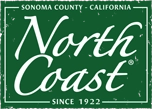

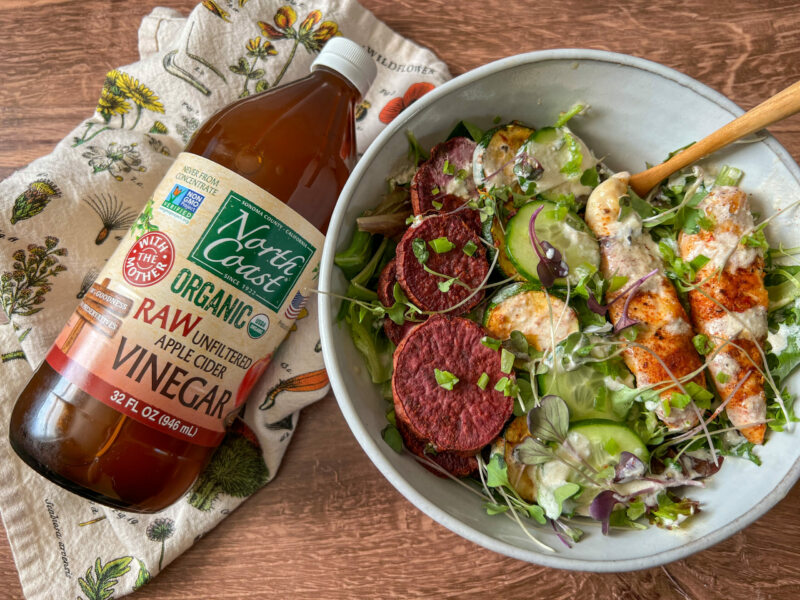
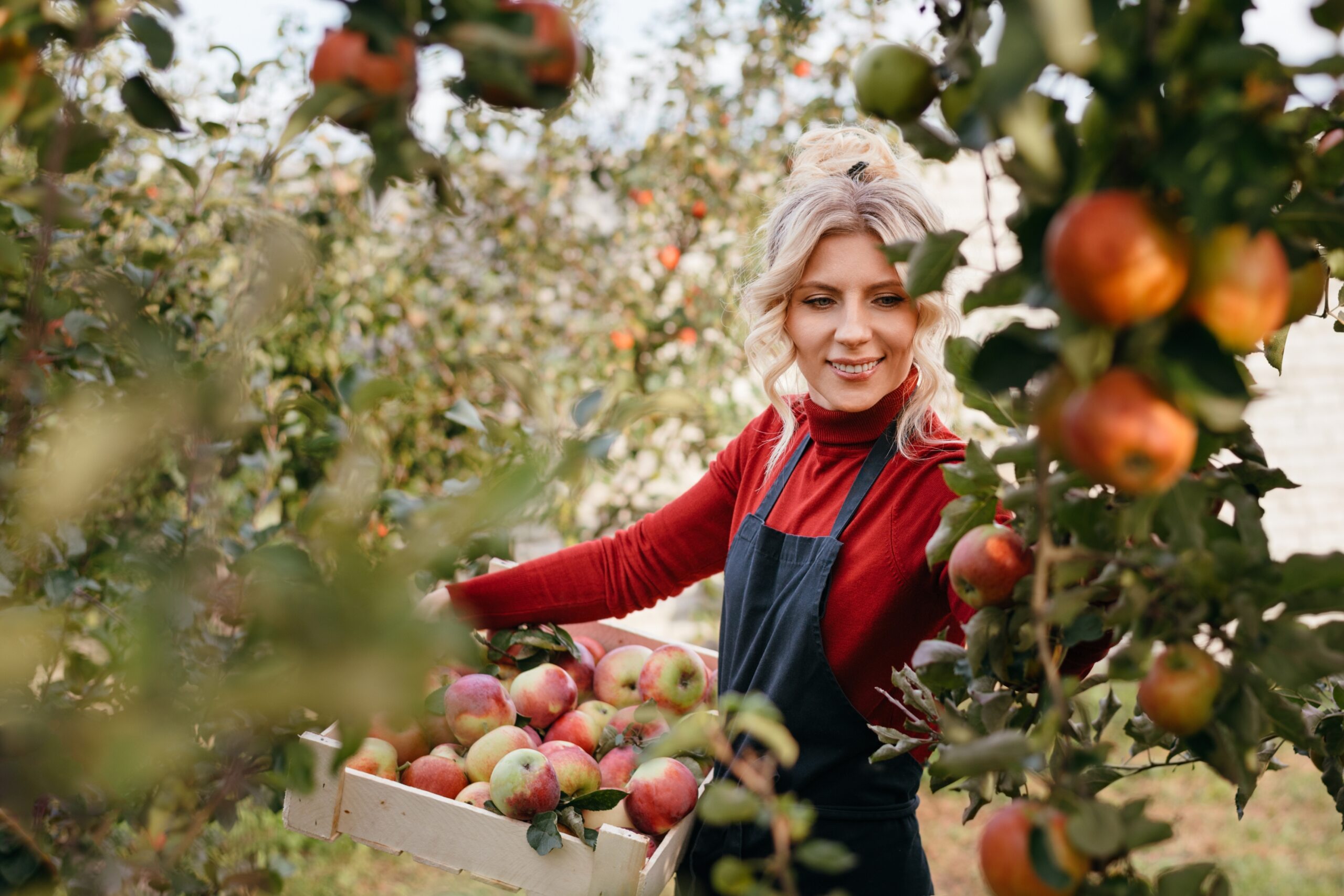
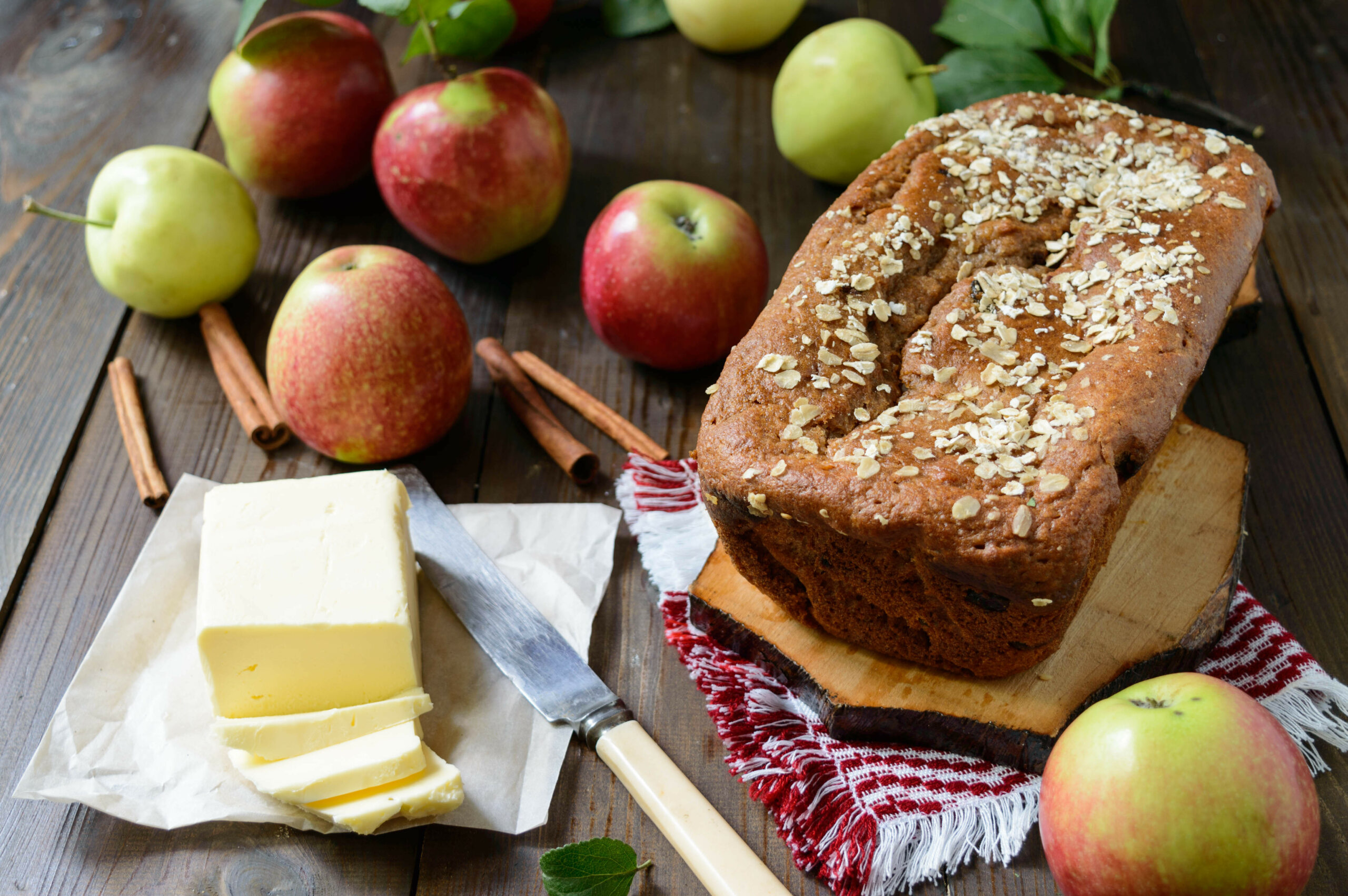
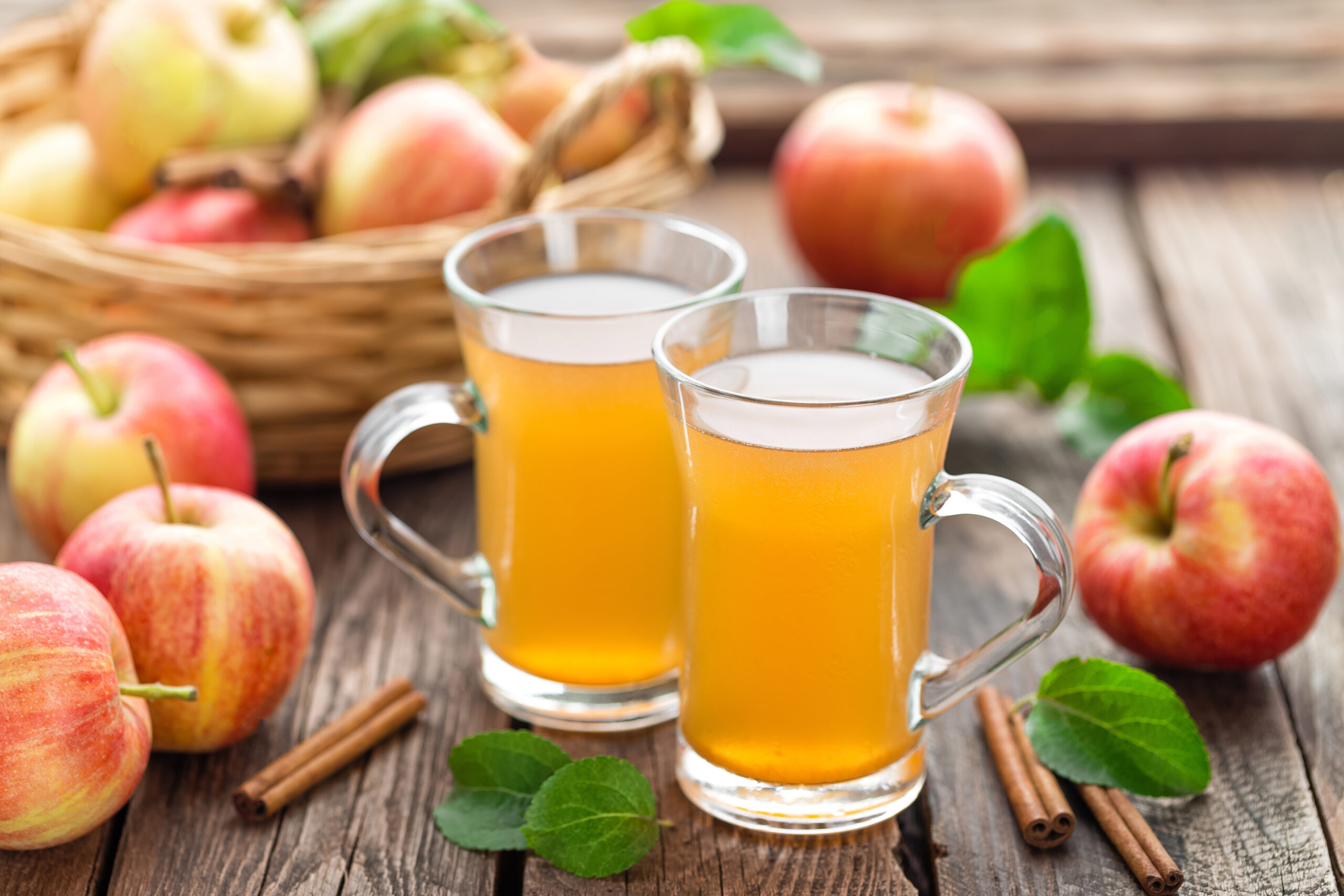
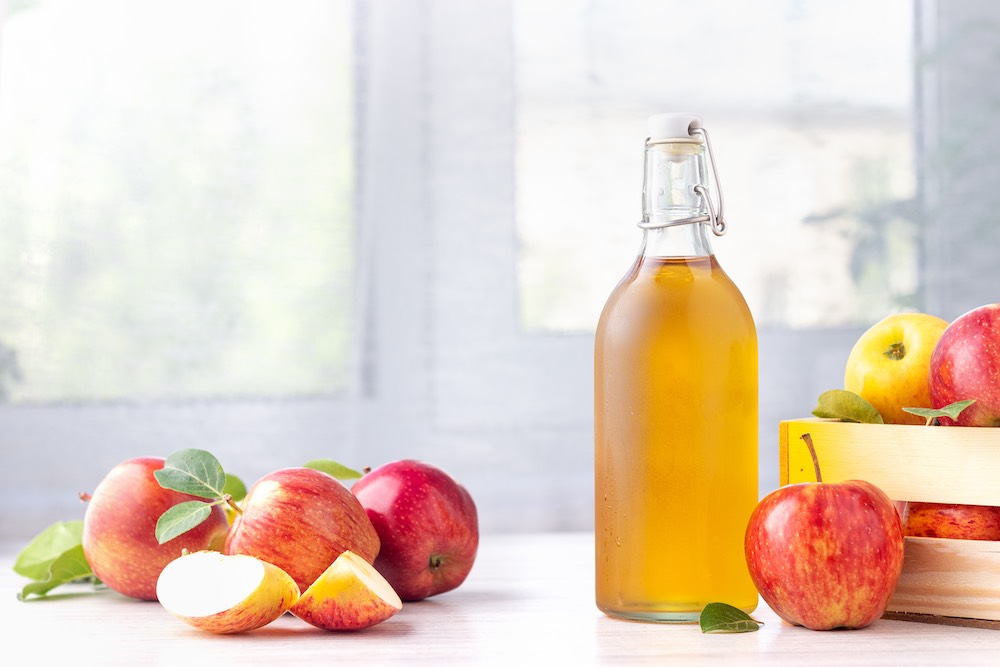

Leave A Comment
You must be logged in to post a comment.